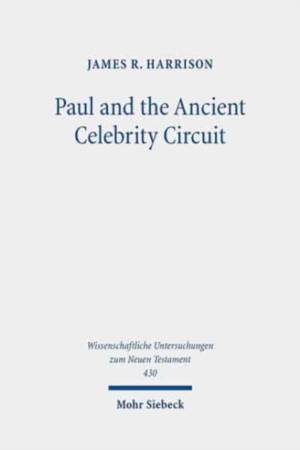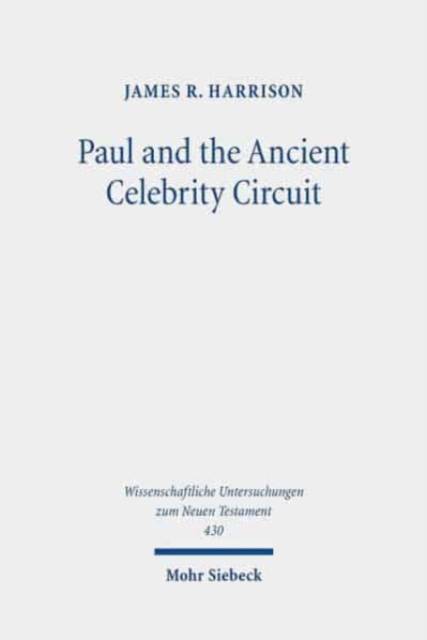
- Afhalen na 1 uur in een winkel met voorraad
- Gratis thuislevering in België vanaf € 30
- Ruim aanbod met 7 miljoen producten
- Afhalen na 1 uur in een winkel met voorraad
- Gratis thuislevering in België vanaf € 30
- Ruim aanbod met 7 miljoen producten
Zoeken
€ 193,45
+ 386 punten
Omschrijving
The modern cult of celebrity, commencing with Garibaldi, Byron and Whitman, is compared to the quest for glory in late republican and early imperial Roman society. Studies based on the documentary and literary sources - including the "great man," the elite quest for civic honour, the Mediterranean athletic ideal, the ethical curriculum of the gymnasium, and local association values - provide the basis for James R. Harrison to assess the ancient preoccupation with fame, hierarchy, and status. He shows how Paul's gospel of the crucified Christ stood out in a culture obsessed with mutual comparison, boasting, and self-sufficiency. It departed from the self-exalting mores of classical culture and enshrined humility and other-centeredness in the western intellectual tradition. As such, the soteriological power of the cross became an impetus not only for individual moral transformation but also for social change.
Specificaties
Betrokkenen
- Auteur(s):
- Uitgeverij:
Inhoud
- Aantal bladzijden:
- 466
- Taal:
- Engels
- Reeks:
Eigenschappen
- Productcode (EAN):
- 9783161546150
- Verschijningsdatum:
- 1/11/2019
- Uitvoering:
- Hardcover
- Formaat:
- Genaaid
- Afmetingen:
- 155 mm x 231 mm
- Gewicht:
- 213 g

Alleen bij Standaard Boekhandel
+ 386 punten op je klantenkaart van Standaard Boekhandel
Beoordelingen
We publiceren alleen reviews die voldoen aan de voorwaarden voor reviews. Bekijk onze voorwaarden voor reviews.







